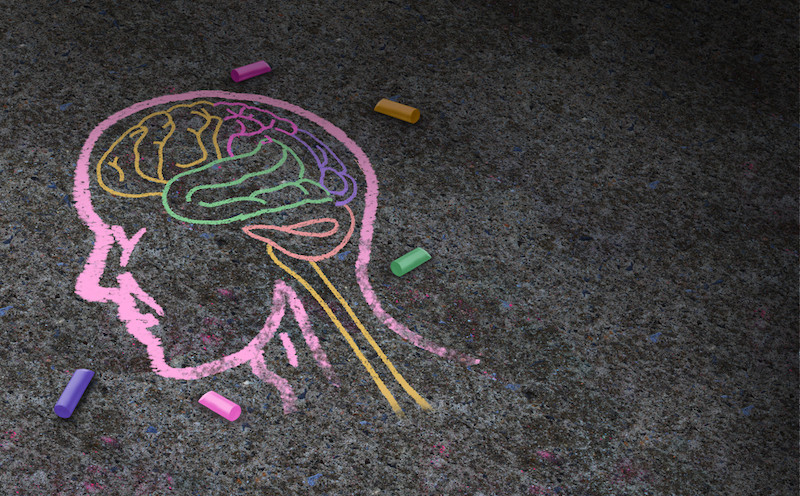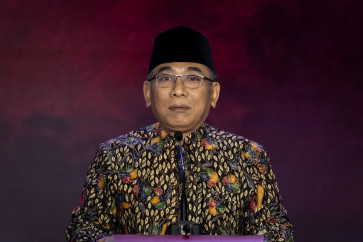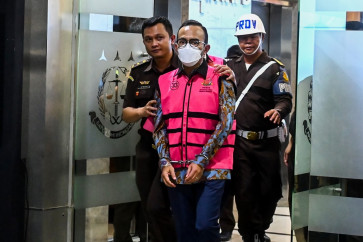Popular Reads
Top Results
Can't find what you're looking for?
View all search resultsPopular Reads
Top Results
Can't find what you're looking for?
View all search resultsAccess to college for special needs kids remains elusive
Without the benefit of a prior individualized learning plan, Indonesian students going to college will have difficulties following classes.
Change text size
Gift Premium Articles
to Anyone
A
fter graduating from high school, Deta is applying to study at a West Java college that is offering classes for people with special needs. The 18-year-old from Jakarta believes a college degree will give him the chance to contribute to society, in spite of his disability.
He promises he will do his best if accepted. But Deta should not raise his hopes too high.
Law No. 8/2016 on the rights of people with disabilities calls on higher education institutions to promote inclusiveness, but so far this has given false hopes. For most of the 21.84 million people with special needs in Indonesia, college remains beyond their reach.
Poor monitoring of the law means few colleges are implementing the law, limiting their right to proper education.
Most universities running programs for special needs allocate limited teaching and learning resources. The lecturers are mostly researchers and industry practitioners not fully trained to teach students with special needs. They need to be assisted by special education professionals in running classes.
The 2016 law requires every college to run a disability unit responsible for assisting the learning process. Yet, four years since the law was enacted, only five of the more than 4,500 colleges in Indonesia have complied.
The law states an administrative penalty shall apply to any college that fails to establish a disability unit.
Thanks to advances in technology, students with a sensory disability can follow classes and thanks to architectural innovations, those with a physical disability can independently move from one place to another. These inventions, however, are not a free lunch. Colleges cannot provide these supporting facilities without government help.
The need is certainly there since more people with different types of disability want to go to college, says Anita Rachmawati of Jakarta State Polytechnic, which offers a three-year marketing management program for citizens with special needs. The program can only take 20 new students each year because of the lack of supporting facilities.
Alumni of the program are already working in various sectors, some are pursuing a bachelor’s degree and others have started their own business.
Fauzan, who completed the program in 2018, is now working at a recycling company in Bekasi. The 25-year-old says college education gave him the opportunity to be more independent.
Fauzan is one of the few lucky ones to find a job. Anita says about 70 percent of the participants in her program remain unemployed.
Their curriculum for people with special needs could refer to Law No. 8/2012 on higher education, which sets the learning objectives for different levels. It would help if these people prepared themselves before going to college.
In the United States, students with special needs receive an individualized learning plan while in high school, which includes developing their self-advocacy skills.
Without the benefit of a prior individualized learning plan, Indonesian students going to college will have difficulties following classes.
The 2016 law is a breakthrough in giving access to higher education for people with disabilities. But we need to do more to ensure its full implementation. Indonesia needs to empower special needs children, like Deta, not only to become more independent, but also to give them the chance to contribute to society.
***
The writer is PhD candidate in the School of Humanities, Languages and Social Science at Griffith University, researching second language communication of autistic students in an inclusive classroom.










